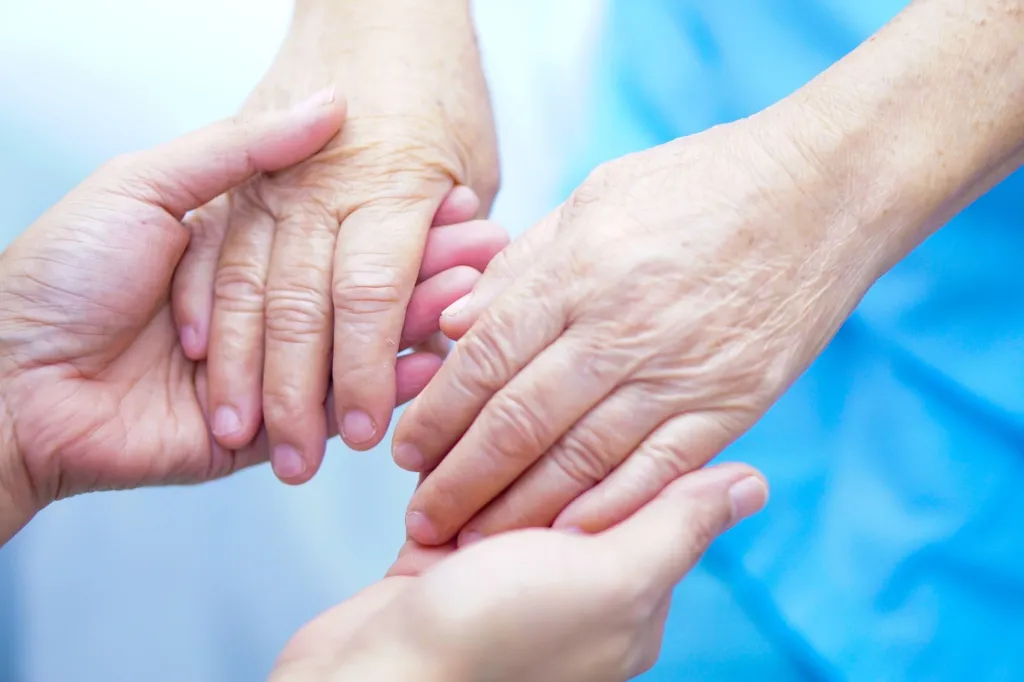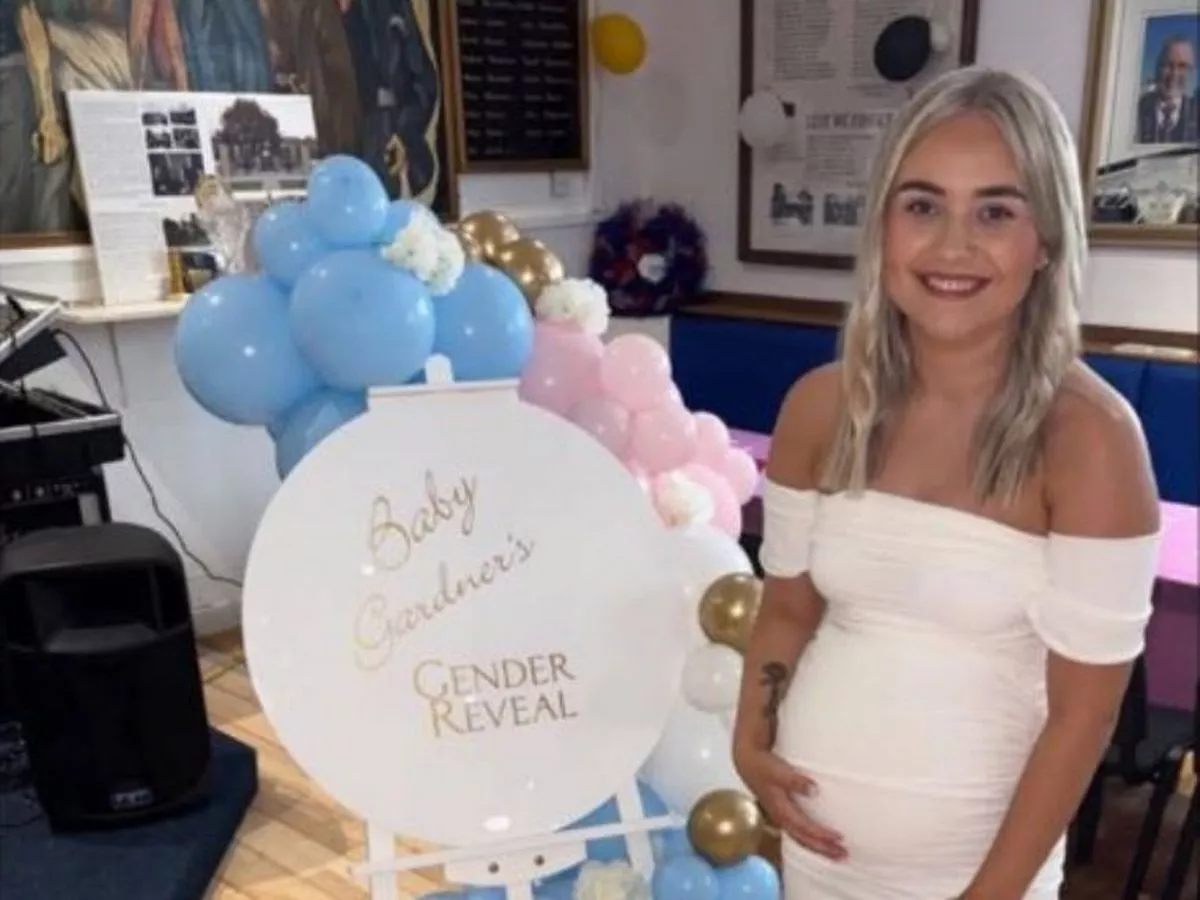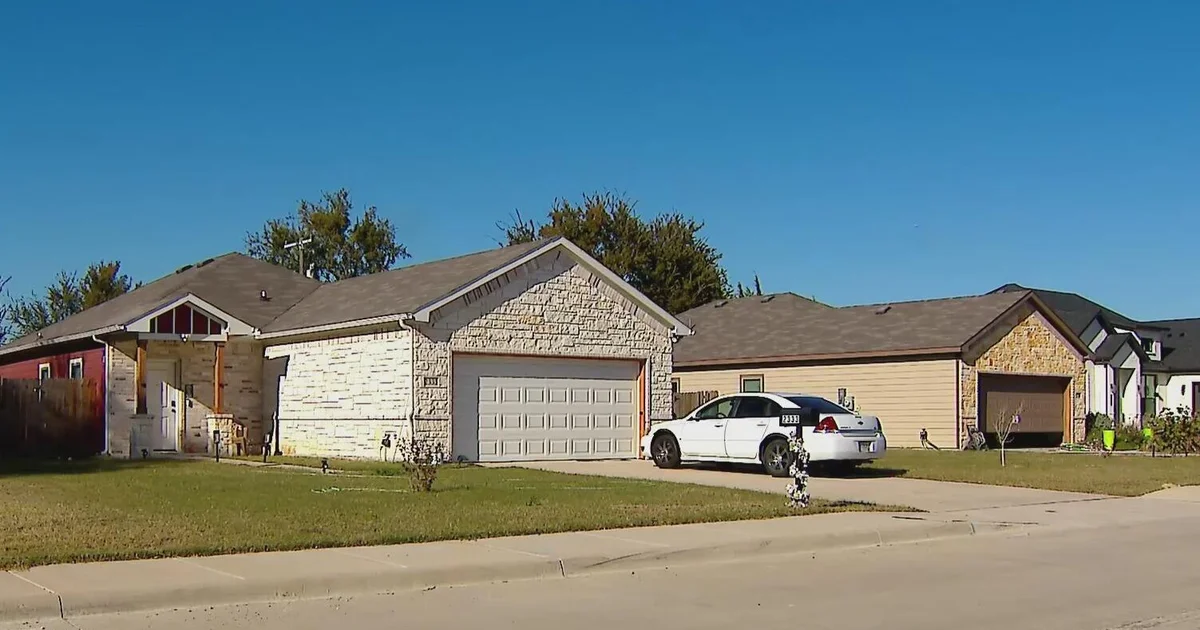Copyright Norfolk Virginian-Pilot

I’m not sure exactly when we all decided to begin designating certain days for this thing or that, but it’s really gotten out of hand. It seems like every single day of the year has now been designated for a multitude of things of which we are all apparently supposed to be aware. You know, things like National Play-Doh Day, National Houseplant Appreciation Day and of course, National Extraterrestrial Abduction Day. The same goes for the many special designations given to each month of the year as well. Now, I won’t argue, there are many worthy things we should be aware of, but I can only imagine a lot of them get lost in the chaff of such silliness as National Oatmeal Day and National Zombie Awareness Month. Such nonsense aside, other very important things that impact our lives, and the lives of our families and friends, do hopefully receive the attention they deserve through such special designations. One particularly near and dear to my heart (well, not actually so near) is National Prostate Health Month in September. September is also National Bourbon Heritage Month — which may have had something to do with my totally overlooking Dementia Awareness Day on Sept. 21. Yep, missed that one. And, as you may already know, June is Alzheimer’s and Brain Awareness Month. Ditto, missed that too! Now if I wasn’t pretty sure I have nothing to worry about, I might be a little concerned by this. But, occasionally, I’m just one of those “day late and a dollar short” kinda guys. So, it comes as no big surprise — to me at least — I only now find myself writing on a topic I’ve been meaning to address for some time: Dementia. It’s not really the type of thing any of us cares to dwell on but, even more than some of the little physical ailments we begin experiencing, our mental acuity becomes of ever greater concern to many of us as we grow older. This is especially true if there’s a family history, or if people we know well have experienced some form of cognitive impairment. We’re often subconsciously on high alert for any overt signs we, or those around us, are starting to “slip” a little. People seem to use the words Alzheimer’s and dementia interchangeably, as though speaking of the same thing. Not all dementia is Alzheimer’s. Alzheimer’s is most commonly caused by a build-up of abnormal proteins in the brain, which creates plaques and the loss of brain cells. This leads to a variety of symptoms affecting cognitive function and, ultimately, bodily function as well. Dementia is not a specific disease, but rather a collection of symptoms resulting from a variety of brain disorders. There are different types of dementia, caused by a number of diseases such as vascular dementia, Lewy body dementia and frontotemporal dementia. Difficulties with memory, thinking and problem-solving are just a few of the many possible symptoms. Specific symptoms, and their progression, vary depending on the underlying cause. My first encounter with dementia was when my Oma, who was in her 60s at the time, began insisting someone was blowing a poison powder through the keyhole into her bedroom at night. Nothing we said could convince her this was not the case. Since we only visited from time to time, and she was always somewhat taciturn, other aspects of her mental decline were not particularly noticeable to me. She lived into her late 80s, and the last photo I have of her shows her sitting serenely in a simple black dress wearing a single strand of pearls. Her hair is pulled severely back, and she is staring into the camera’s lens with a slight lift at the corner of her mouth. The almost sly look in her dark eyes hint at something funny only she knows. Mom began experiencing hearing loss in her early 50s which, as I understand it, could possibly be related to her later dementia. Over the years, a lot of her troubling behaviors were simply chalked up to her “hearing problem.” In her late 70s, after a fall and subsequent surgery requiring anesthesia and pain meds, her dementia came blasting full throttle to the fore. Her always somewhat difficult personality worsened, and when she became violent towards Dad, the family agreed she needed more care than he was able to provide at home. Mom was placed in a care facility close by, and visited by family and friends daily. Undoubtedly due to the sheer enormity of the sudden changes in her life, and the disruption of her long-held daily routines — not to mention the strange surroundings and people coming in and out all night and day — her symptoms worsened rapidly. In a few short months, Mom became largely unresponsive and simply quit eating and drinking. She passed away quietly with all of us at her bedside. Beverly, my partner of 15 years, began experiencing some cognitive issues at a relatively young age, and since there was some family history, she had a pretty good idea where things might be headed. She was evaluated at the age of 69, and given the innocuous sounding diagnosis of mild cognitive impairment. The clock was definitely ticking. Though we had no idea how many years we’d have, or what challenges lay ahead, we knew we’d figure it out together. Just as she knew she could count on me to be there for her when that time came. And come it did. Much too soon. No matter how you might intellectualize the matter, none of us is prepared for this sort of thing. Watching as the person you love becomes more and more a stranger every day is unsettling in the extreme, and I found it difficult to deal with all my conflicting emotions. I wish I could say I was a great caregiver, but the truth is, I simply did the best I could in the moment. Fortunately, for both of us, I found a local support group. Listening to others living in similar circumstances, and hearing them voice thoughts and feelings so like my own, was empowering. My greatest takeaway from that group was: “It’s not about you.” Those four words changed my entire mindset, and my life. This wasn’t about my stress. It wasn’t about my sadness. That could wait. Those two things, and the anger I felt about what was happening, had overshadowed my compassion for this person who truly needed me, and who I had promised to be there for. It’s called “the long goodbye,” but it’s really a bunch of small goodbyes leading up to the last one. Along the way, just do your best, be kind, and remember it’s not about you. W. R. van Elburg is a James City County resident. He can be reached at w.r.vanelburg@gmail.com.



